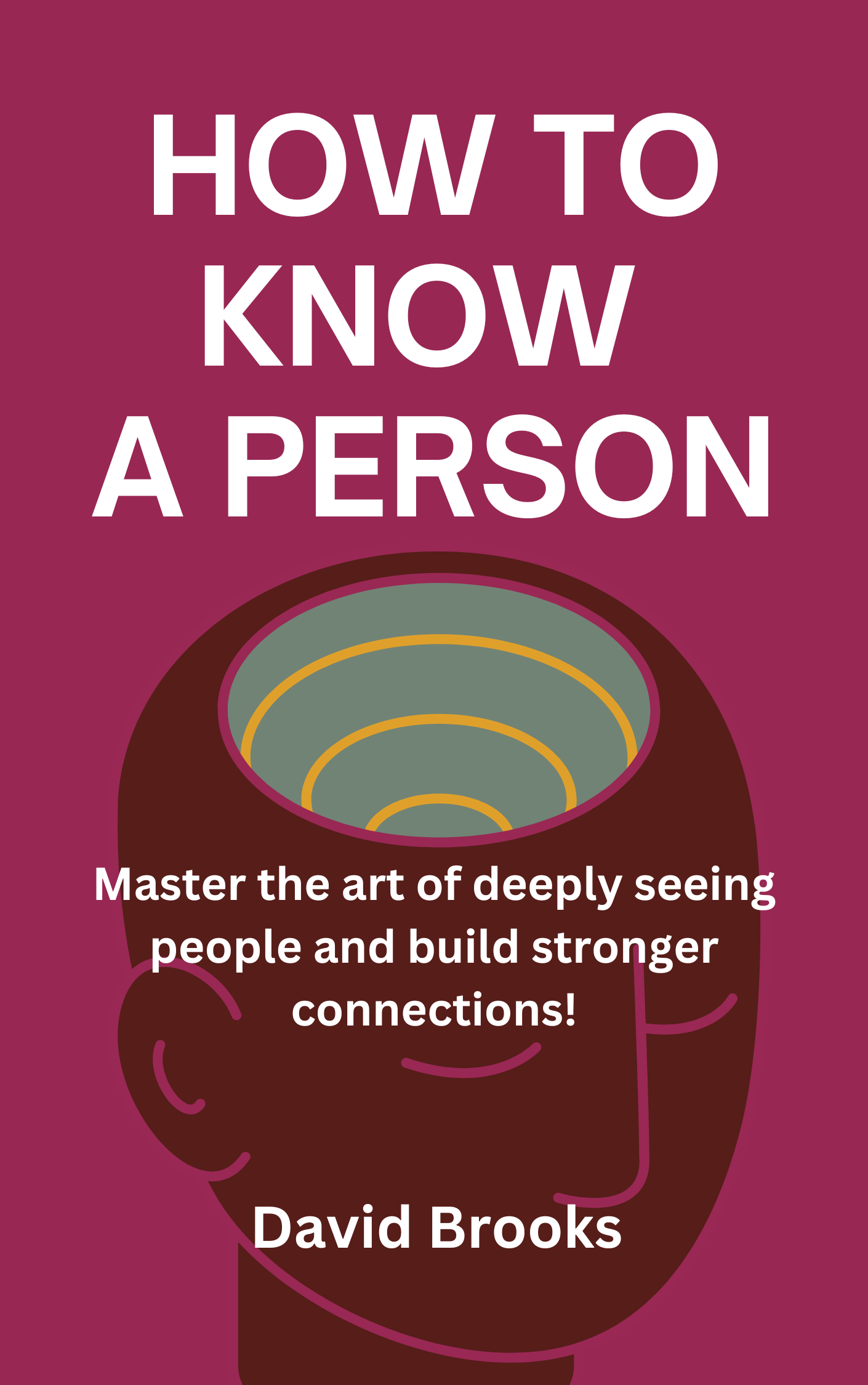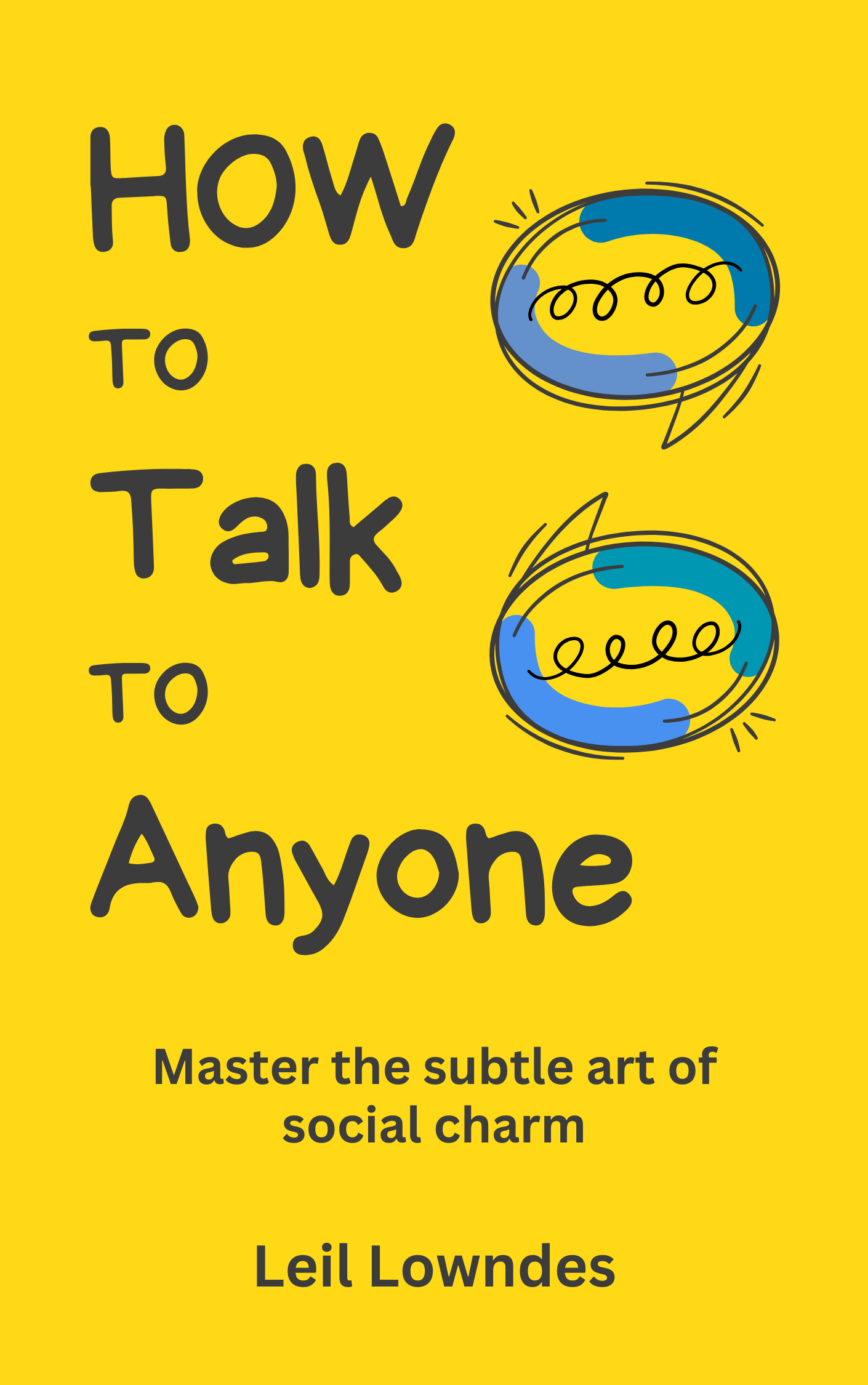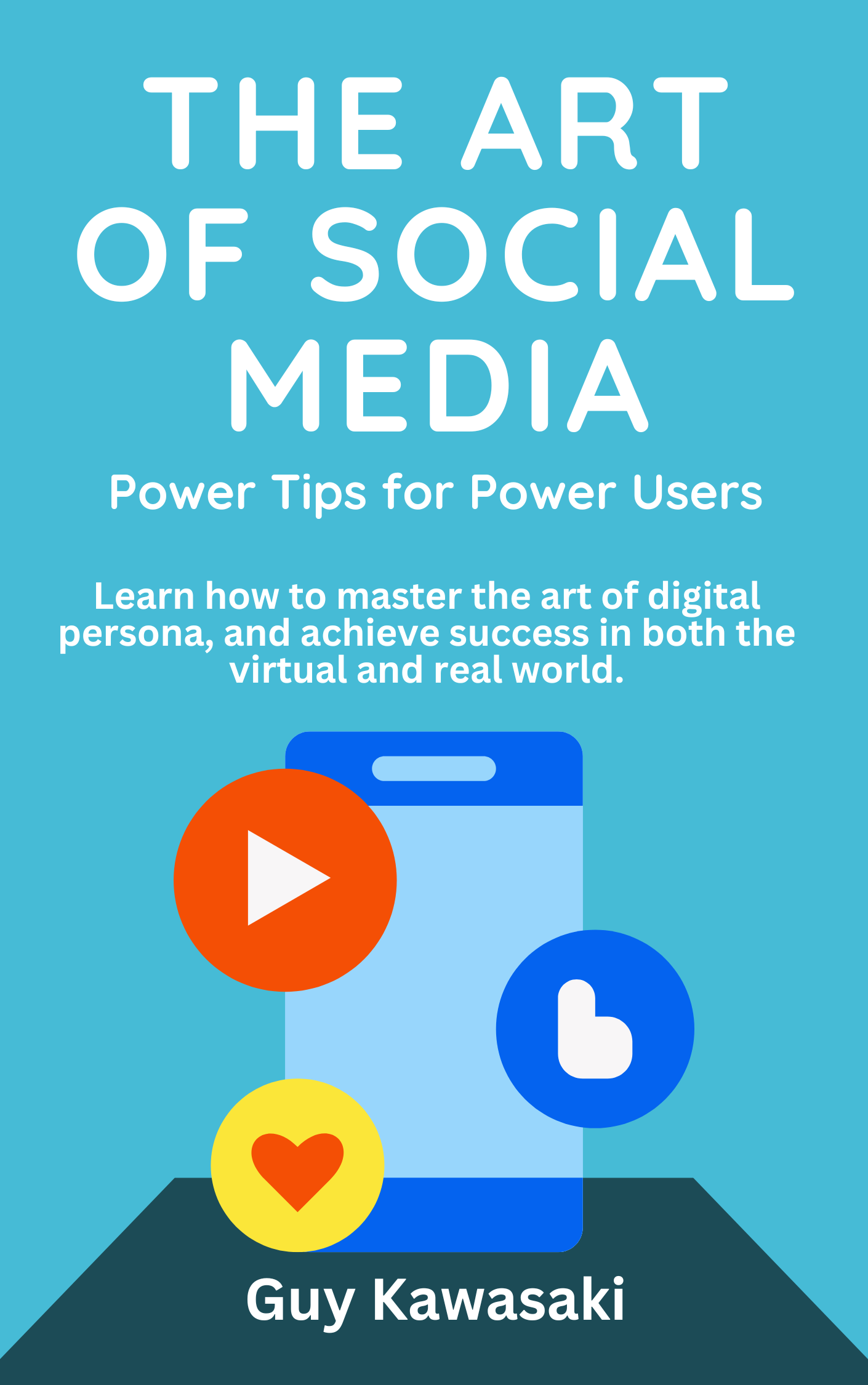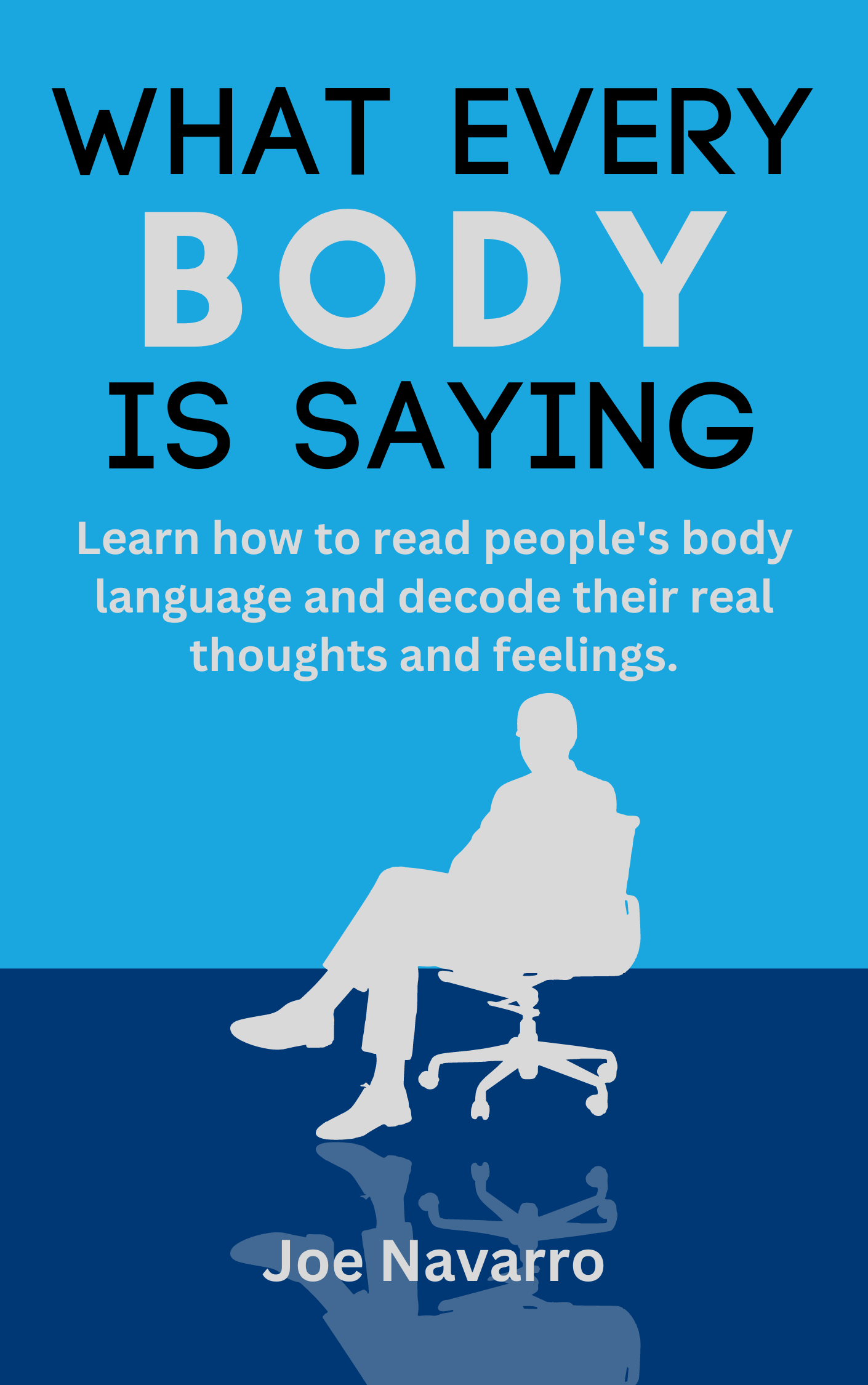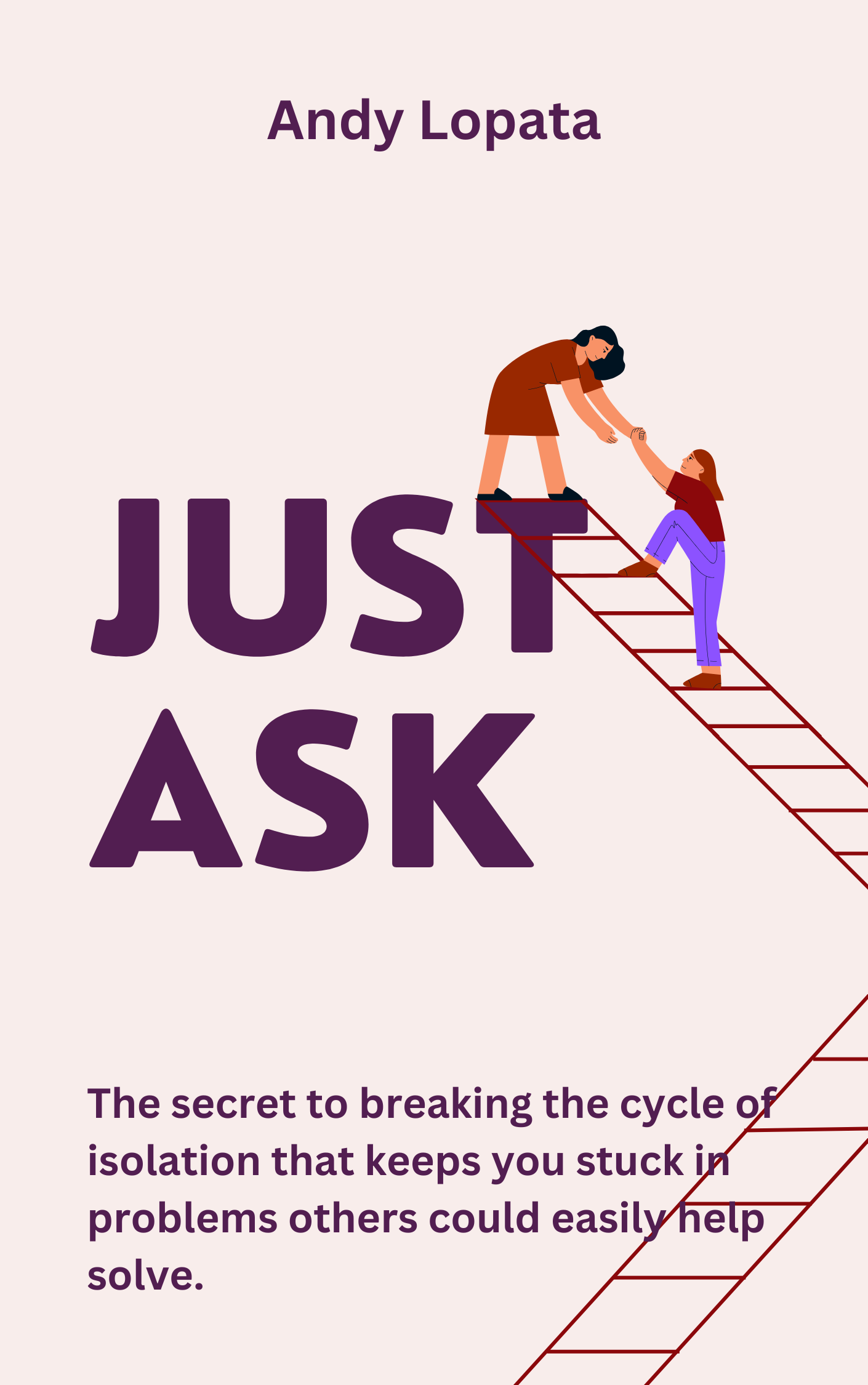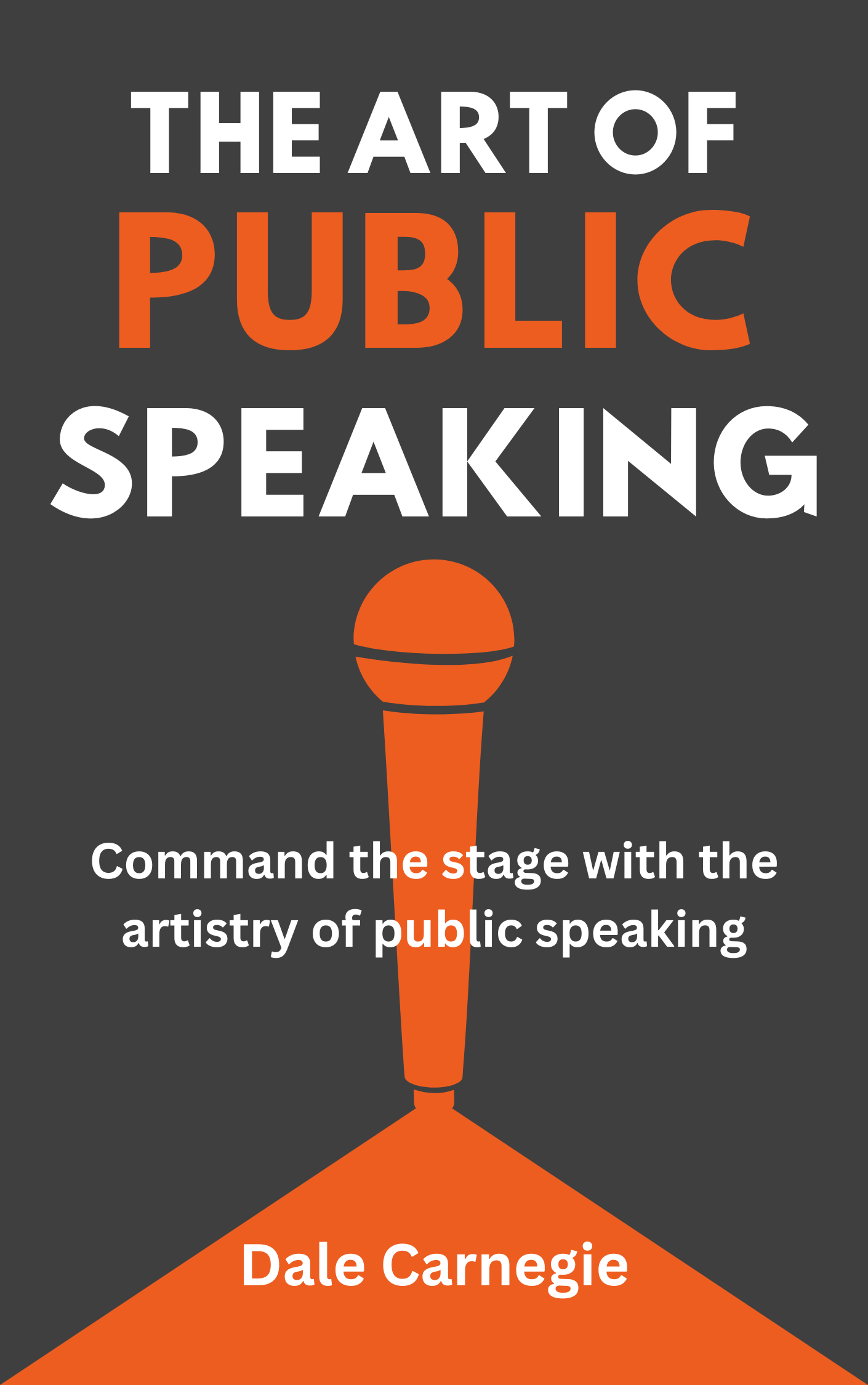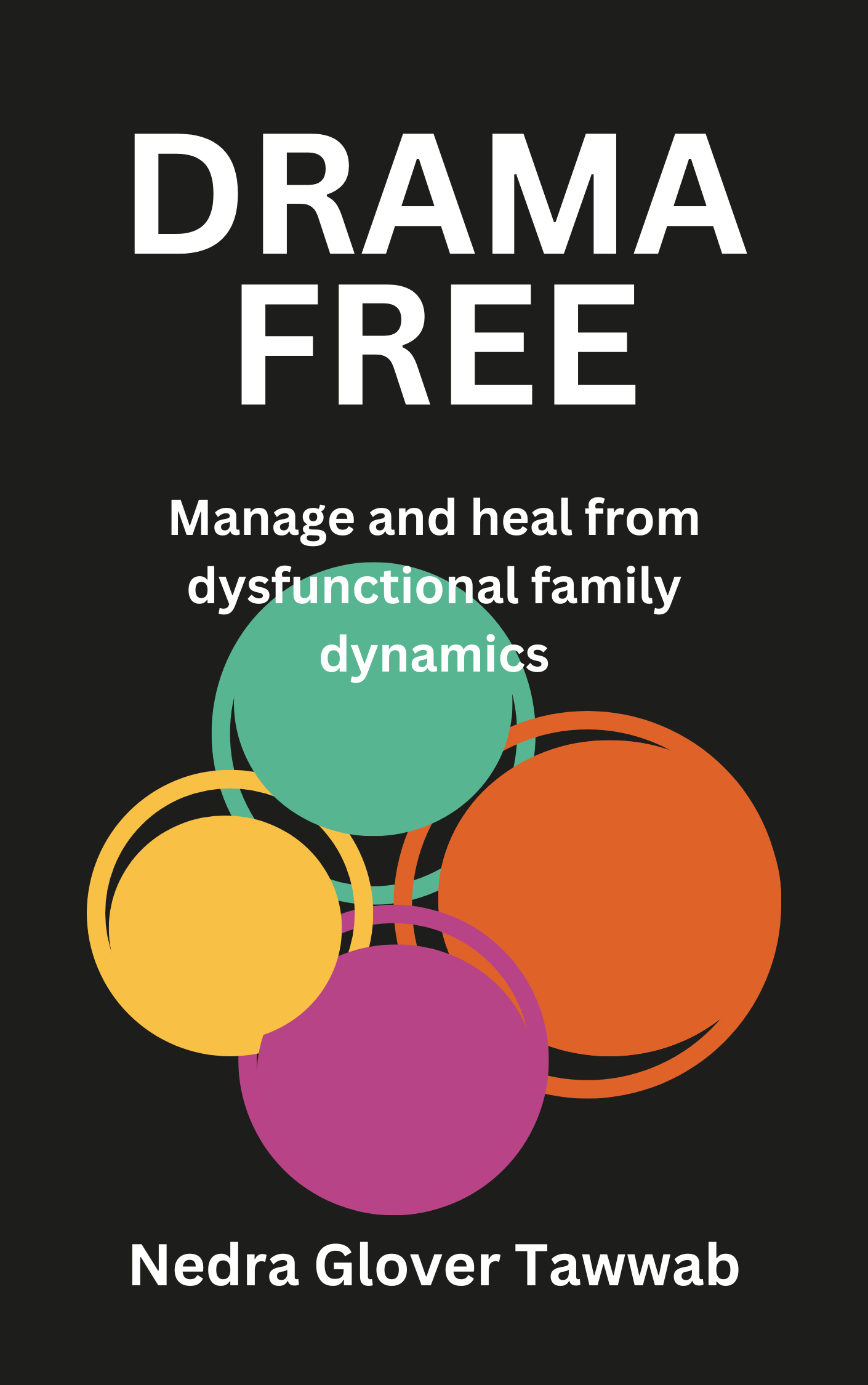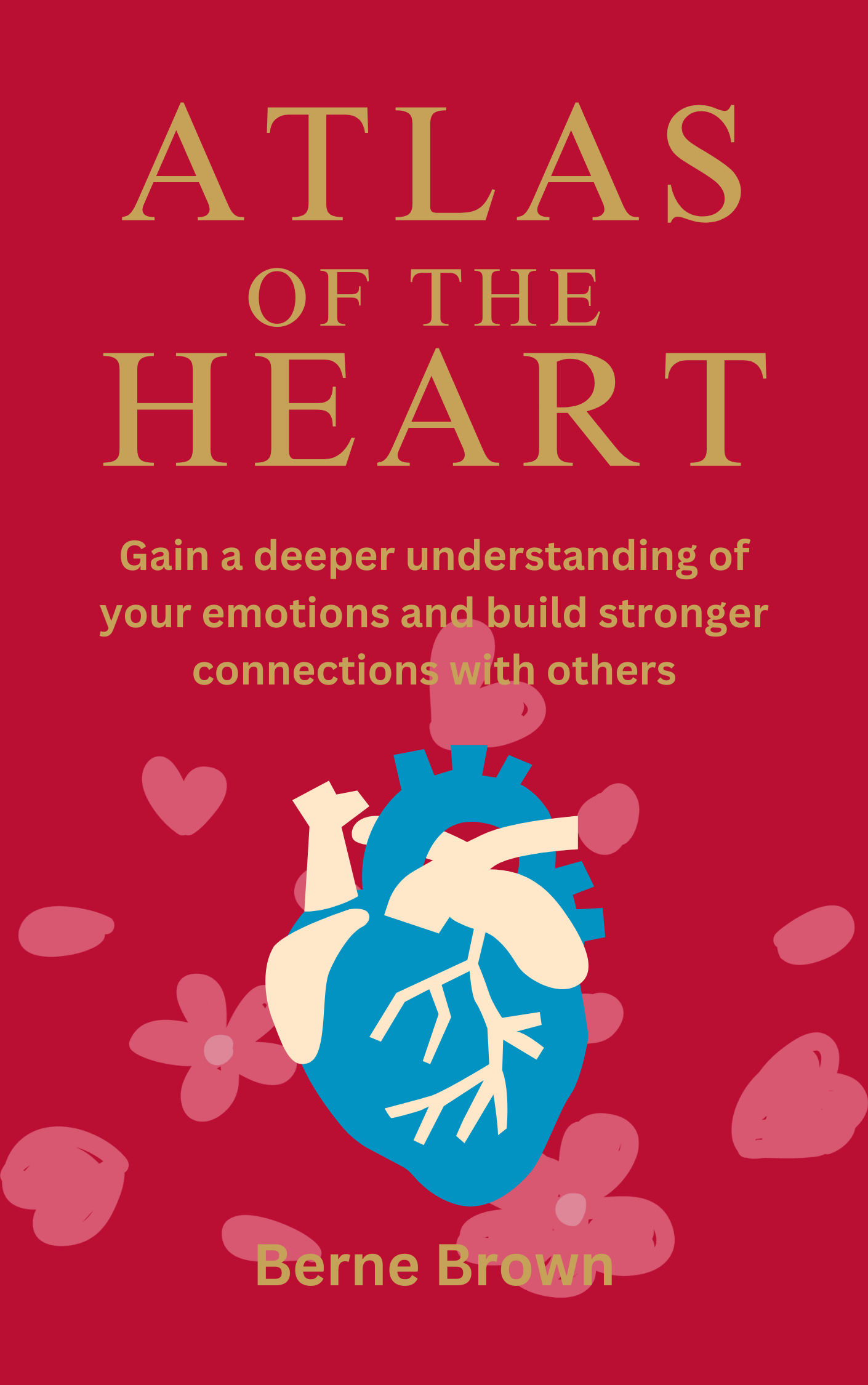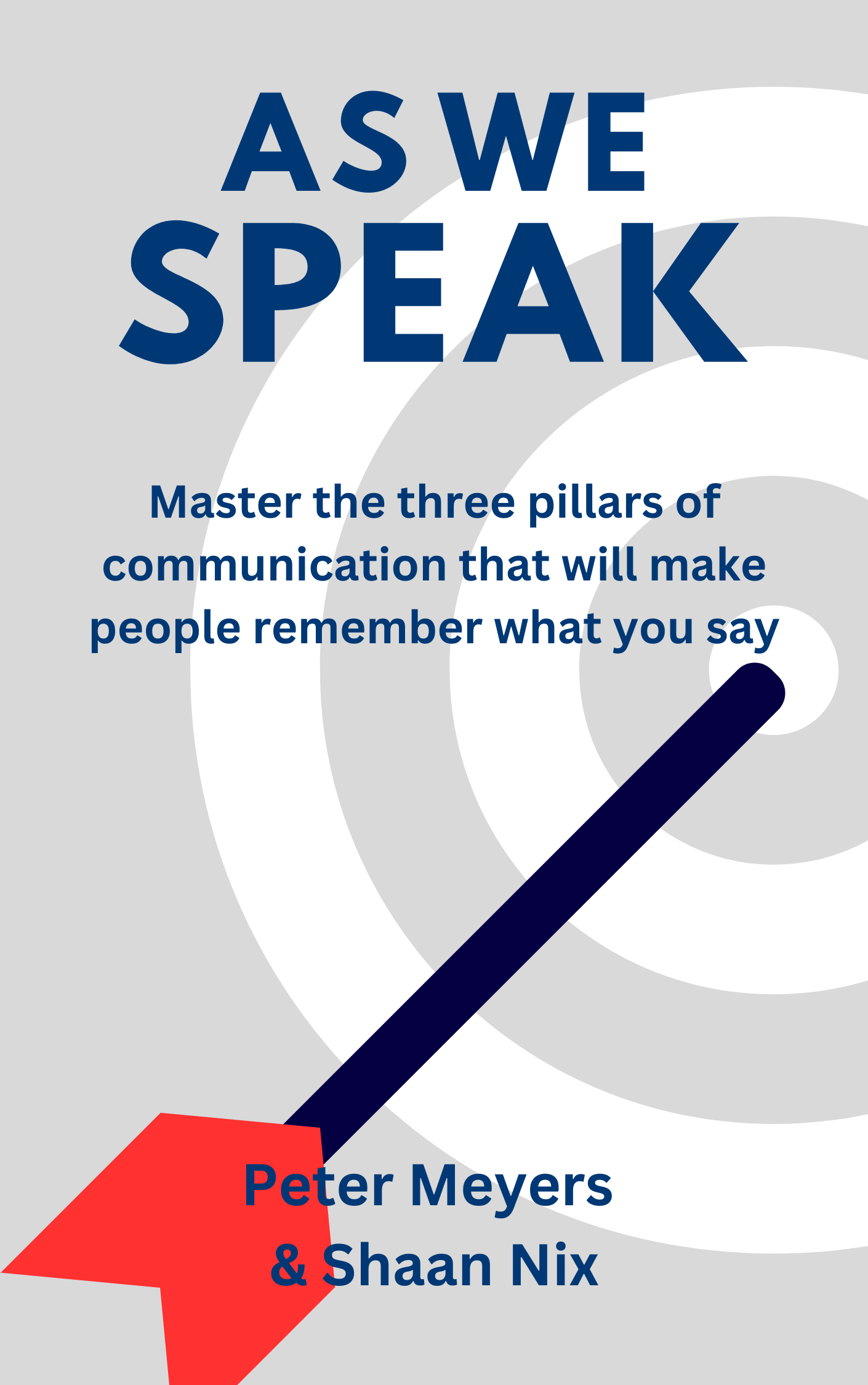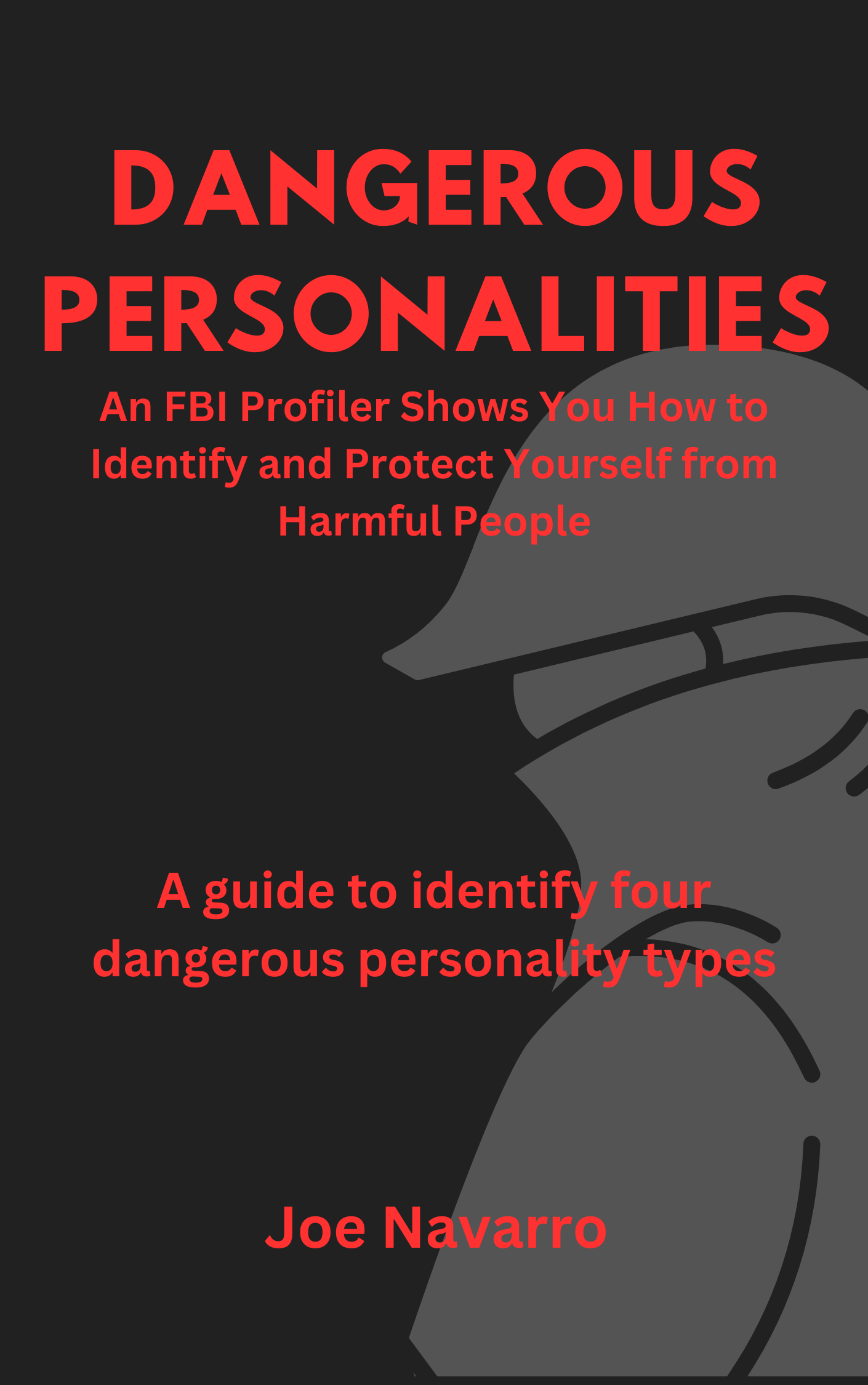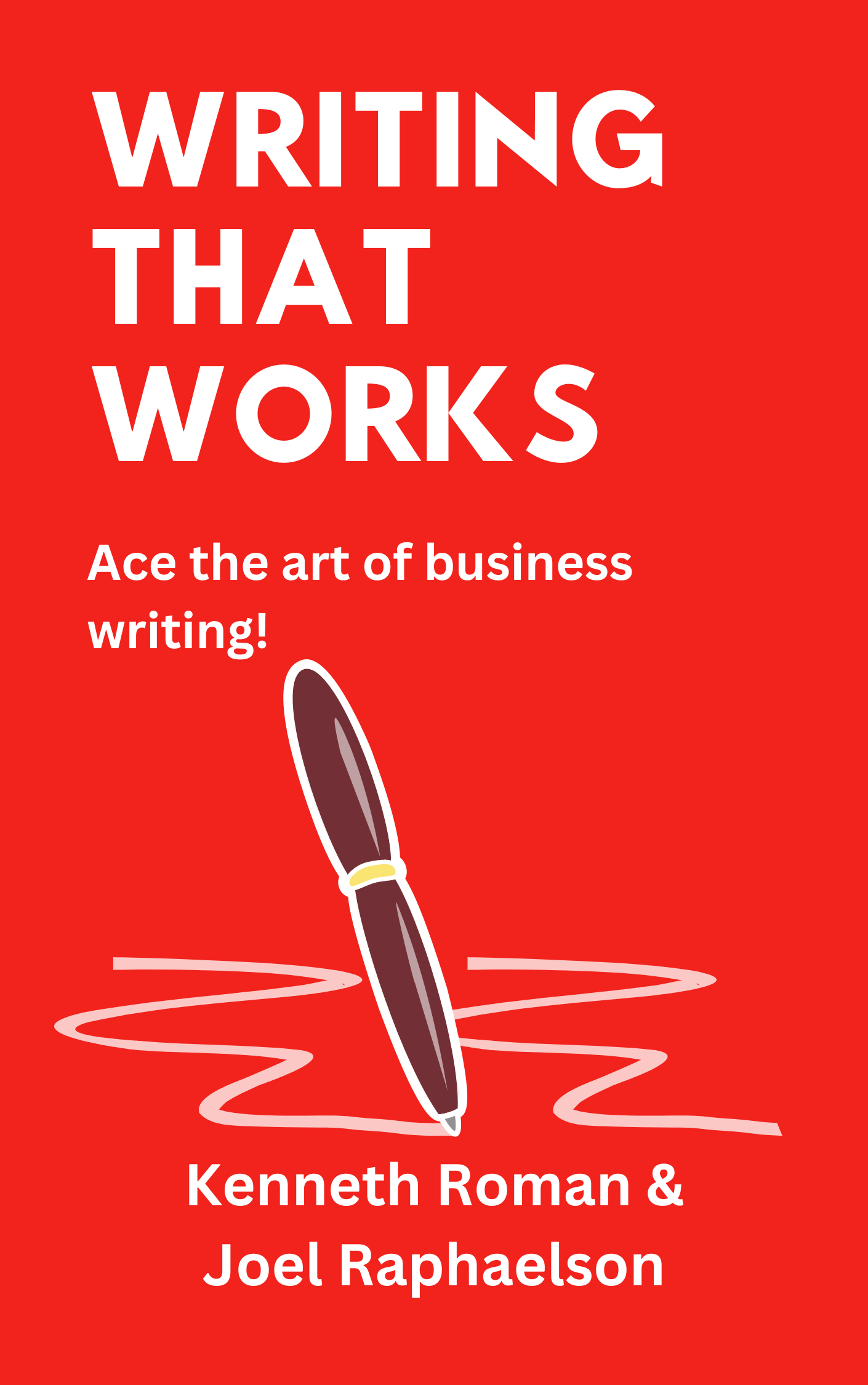Introduction
If someone is friendly toward you, it is easy to be friendly back? Is that a “no” we hear? Then, we want you to meet our author – Debra Fine. Fine started her business "The Fine Art of Small Talk" to deal with just such issues. The Fine Art of Small Talk teaches conversation skills to those who struggle with it. Believe it or not, people from all professional backgrounds - salespeople, teachers, physicians, stay-at-home moms, and more – could use some better small talk abilities. Fine being one among those. It wasn't until overhauling her life that she cracked the code of becoming a skilled conversationalist. Now, she's sharing the tips and techniques she mastered through observing others and pushing herself out of her comfort zone. So, get ready to banish awkward silences and forge connections that can launch new careers, spark romances, and unlock opportunities you think are out of reach.
All right, that’s enough small talk. Let’s get down to business!
Convert To Small Talk
Conversational skills have ripple effects. What do we mean by that? Story time!
Once upon a time, Fine found herself nervously exchanging glances with an interesting stranger across a bar, and her bold friend insisted she strike up a conversation - a daunting prospect for the formerly overweight, shy engineer. That decision to introduce herself rippled into an unexpected friendship with that guy, Rex, which lasted a lifetime. So cute! What’s not cute though, is that Fine had assumed Rex didn’t approach her because of some flaw she had. And years later, Rex admitted he was just too shy to make the first move! This gave Fine the realization of how many friendships and networking opportunities she had been missing by avoiding small talk situations. And that’s what made her a "convert to small talk."
Now, before you go “I just don’t have it in me”, think about this: Fine used to be that stereotypical shy, overweight kid who was always the wallflower, never invited to the birthday parties or included in any of the social circles. Zero people skills. As she got older and became an engineer, sure, she could handle the technical lecturing, no problem. But put her in a room full of people to casually mingle with? Absolute panic mode. And now, that socially inept loner has become someone who can energetically work any room and build genuine connections.
So you see, there are all kinds of perfectly capable, intelligent people out there who can lack confidence in their social skills. Whatever your background or however conversation-challenged you might think you are, small talk is just a skill that you’re never too old to learn. With the right tools and mindset, literally anyone can improve at it. And when you do, it opens up this whole new world of opportunities!
Now, why do you think we’re so bad at initiating conversations?
Childhood Hang-Ups
Okay, we get it - your parents' voices are still ringing in your head from the days when you were in pre-school. "Don't talk to strangers! Wait to be introduced!" All that well-meaning advice was meant to keep you safe when you were a clueless kid. But now that you're all grown up, it's time to get over your mom’s good intentions! Besides, that silence you're clinging to? It's not doing you any favors. In fact, it's costing you big time in terms of opportunities and being truly understood. To most people, silence gets interpreted as either rudeness or arrogance. Yeah, ouch. That potential client who thought you were a stuck-up snob? They didn't have the luxury of knowing your inner monologue of self-doubt - all they saw was your silent exterior. We can’t have that, can we?
Good things DON’T just get handed to wallflowers waiting patiently in the corner. You've got to seize the spotlight and actively make connections happen. Just look around you at any supposedly "social" event. Rather than working the room, most people just desperately cling to their circles of familiarity, too chicken to strike up conversations with fresh faces. Might feel cozy, but you're straight-up sabotaging your own growth! If you want to get ahead instead, you need to a more strategic, outgoing mindset. Some tips?
Force yourself to make eye contact, put on a warm confident smile, extend that hand, and introduce your charming self. Don't think of them as intimidating strangers - think of them as potential new friends. And you know what? Most people feel just as awkward about starting conversations as you do. So, they'll freaking admire you for having the guts to break the ice!
Yes, breaking out of your shell won't be easy, especially when the fear of rejection tries to keep you paralyzed. But staying stuck surely isn't the better option. So the next time you're tempted to stay on the conversational sidelines, we want you to TALK TO STRANGERS!
Therefore! Time to learn how to rock a conversation.
Master the Meet and Greet
Listen Up!
Alright, here's where it gets real - are you truly LISTENING? We're not just talking about using those ears on the sides of your head. Listening, not just hearing, is a full-body experience! Case in point: Fine once had a lunch meeting with a woman. Fine told her some story about her husband and children and minutes later, her lunch partner asked if she was married! An epic listening fail!
So, you see, effective listening isn't a passive thing where you just zone out while someone yaps at you. It requires your FULL presence and engagement. You've got to be an active, visual listener - making all kinds of positive body language moves to show the speaker you're locked in. Like confident eye contact, subtle head nods, maybe even a well-timed lean-in to really drive it home. Because here's the mind-blowing fact: Nonverbal cues account for over 65% of the social meaning in conversations! So don't be that person with the dead-behind-the-eyes vacant stare or resting the chin or the arms tightly crossed in the ultimate I-Don’t-Care body language. Those are straight-up disinterest red flags that'll make people feel invalidated.
Also, don't just rely on body language. You've got to be vocally engaged too! Sprinkle in some verbal affirmations like "How fascinating..." or "Go on, I'm hooked..." to reassure them you're absorbed. Use transition phrases like "Circling back to what you said about..." to change subjects smoothly. And never underestimate the power of simply repeating back key points in your own words - it's the ultimate proof you actually understood and defuses any emotional minefields too. "Just to make sure I'm following, you felt frustrated when...?"
The bottom line is, listening requires your full mental energy too. Take notes if you need to, stay focused by picturing yourself having to relay this info later. And if you can't for whatever reason, politely hit pause rather than leaving someone hanging with your vacant stare. Okay?
That was just the beginning. Now, how do you keep the conversation going?
How Not To Kill a Conversation
Okay, so you've mastered the art of breaking the ice and putting people at ease with your hilarious icebreaker talents. You're smoothly joining groups, making warm introductions. But now what? How do you take things beyond the surface-level chit-chat and delve into more real, meaningful conversation? It's time to dig deeper!
See, most of us are conditioned to simply answer, like we’re in Who Wants to Be a Millionaire? We robot through formalities without making any real effort to explore each other's depths. Boooring! To energize your conversations, you need to get comfy with open-ended questions. Instead of “How was your weekend?” try “What was the best part of your weekend?” That’s how you become a good conversationalist. By asking the right questions. Emphasis on “right”. That means, don’t be invasive. Don’t poke into topics the other person does not want to talk about. Read their reactions. And so on. Okay?
Now, say someone doesn’t ask an open-ended question. What then? Don't just reply "I work in marketing" when someone asks what you do. Flip it around like this: "Well, I handle product promotions, but what really fascinates me is how the internet has impacted my industry. What insights have you seen in your line of work?" Bam! You've just transformed a one-and-done response into an engaging back-and-forth. People light up when you show genuine interest in who they are beyond their job title or surface-level traits.
Anytime you see an opportunity, take the conversation to the next level by digging deeper:
"That's fascinating you grew up on a farm. What were your chores like as a kid?"
"I love that you're a former athlete. What got you into that sport?"
"So your spouse is from Italy - what has been the biggest cultural difference in merging your families?"
Don't just settle for quick answers either. Keep probing with follow-ups like "What did you enjoy most about that?" or "How did that change your perspective?" Before you know it, you'll have uncovered unique insights into a person's life experience, passions and personality. Way more stimulating than one more rehashing of the weather or midterm election angles! Don’t be nosy, though.
Need some more ideas on how to come up with the right open-ended questions? We got you!
Adding more FORM and Substance
The Graceful Exit Strategy
The final lesson. Sticking the landing! Knowing how to gracefully exit is just as crucial as your entry. Done right, you'll reinforce that awesome impression and tastefully open doors for future connections. Mess it, and you risk undoing all that hard work.
Honesty is best. When you're ready to move on, simply revisit whatever initially bonded you two together - shared interests, someone you knew in common, the company you both work for - whatever kicked things off. Circle back to that point of connection one last time in a meaningful way. Compliment their expertise, thank them for the engaging convo. Then transition to your reason for leaving..
The art here is making a clear statement about leaving for your own agenda. "Yeah, it was wonderful chatting about this this this, but I need to circulate before my client leaves..." See? The impetus is on you, not any fault with them. Other exit lines that work:
"I promised myself I'd meet 3 new potential clients this morning."
"Since we're on the topic of marketing, who else here could I discuss those strategies with?"
That last one is brilliant - you acquire a referral while simultaneously indicating you're your next destination. Or you can always invite them to join you. And when you do ultimately leave, be sure to actually follow through and do what you said! Otherwise, you'll justly get branded as insincere.
As for maintaining solid rapport, the little things matter most. End with the same warmth and positive body language you began with - a smile, sustainable eye contact, maybe even a handshake if appropriate. Appreciation is always welcome too. "It was so insightful discussing your volunteer experiences. I truly appreciate you making time for me." Kill 'em with kindness, right?
If you've made a valuable new contact that warrants future follow-up, don't be shy about making that move! An easy "I'd love to continue our marketing conversation over coffee, maybe next week?" can solidify the bond. Just have a polished transition statement lined up to issue those invitations smoothly.
Chapter 10
Details coming soon.





.png)
